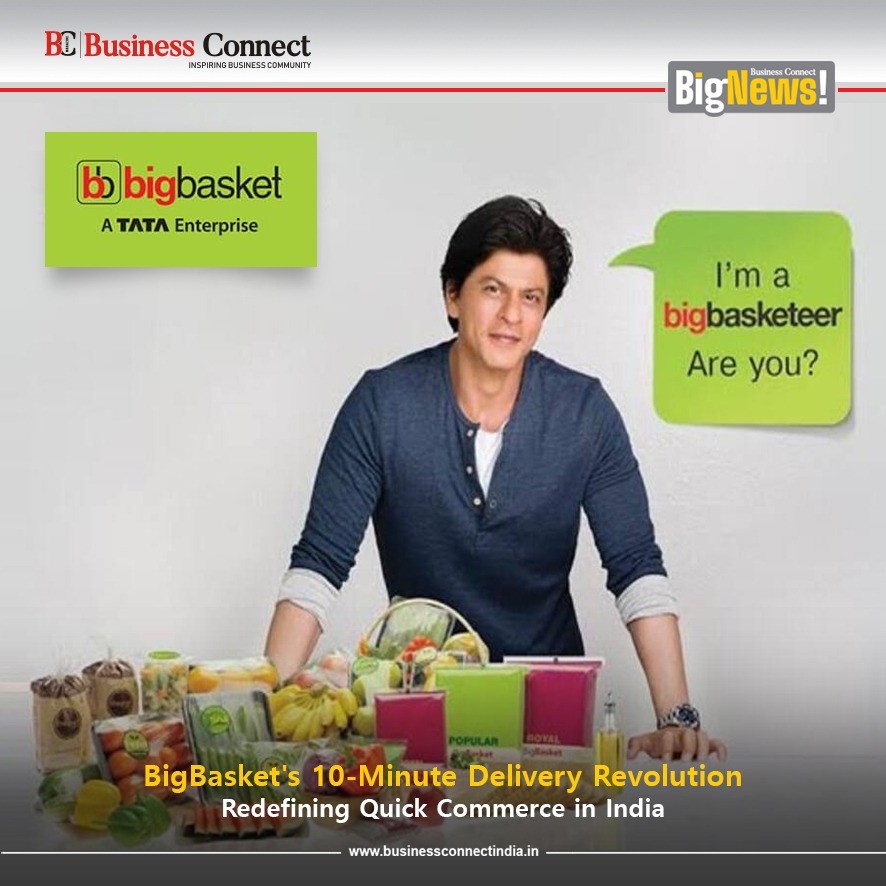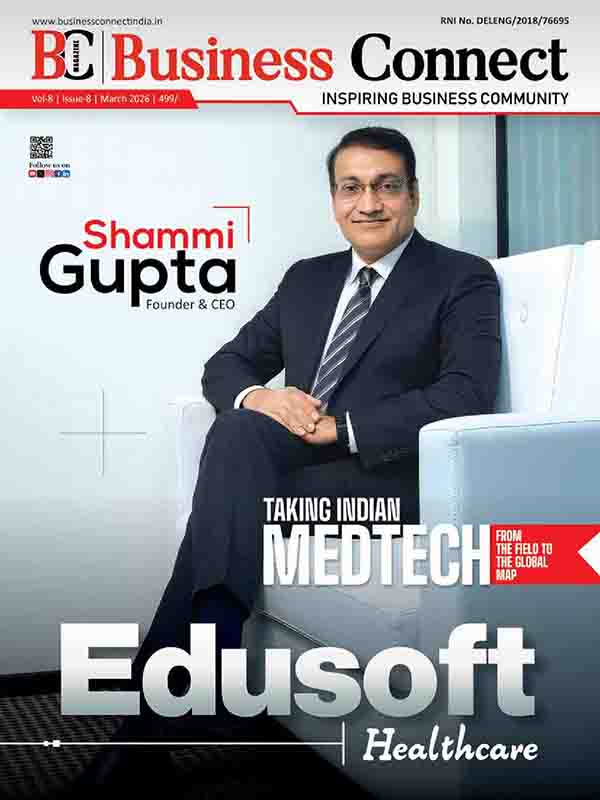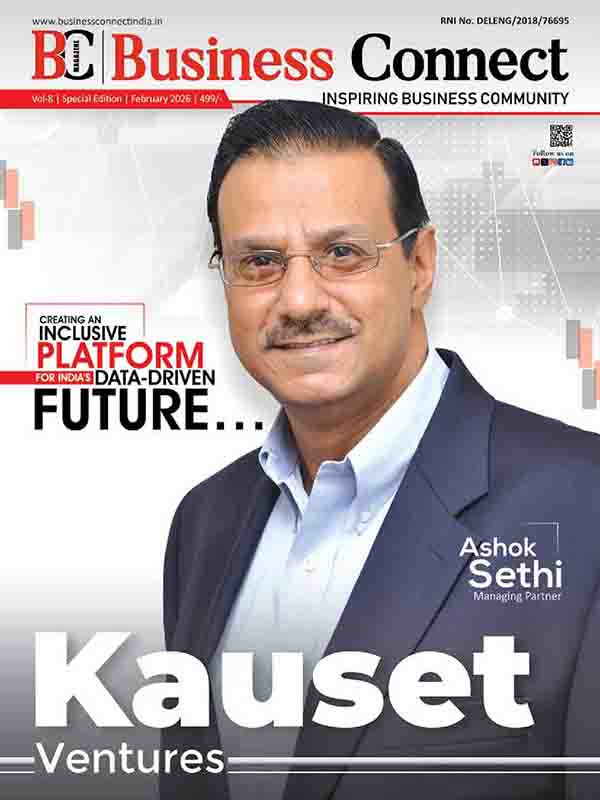In a bold move to capture a larger share of India’s booming quick-commerce market, Tata-owned BigBasket is set to launch a game-changing 10-minute food delivery service across the nation by March 2026. This strategic pivot underscores BigBasket’s ambition to compete head-on with industry giants like Swiggy’s Snacc, Blinkit’s Bistro, and Zepto Café, while catering to the evolving demands of Indian consumers. With a $7.1 billion quick-commerce sector growing at an unprecedented pace, BigBasket’s latest initiative is poised to redefine convenience and accessibility in online shopping.
A New Era of Speed and Convenience
BigBasket, a pioneer in India’s online grocery space since 2011, has been a trusted name for millions of households. The company’s quick-commerce arm, BBNow, already delivers groceries in 15-30 minutes in select cities, but the upcoming 10-minute food delivery service takes speed to the next level.
Following a successful pilot in Bengaluru, BigBasket plans to scale this service to 40 dark stores by July 2025, with a goal of expanding its dark store network from 700 to 1,000-1,200 by year-end. These strategically located urban warehouses enable rapid order fulfillment, ensuring that customers receive their favorite foods in record time.
The menu will feature offerings from Tata Group brands like Starbucks and Qmin, focusing on ready-to-eat snacks and beverages. Unlike competitors partnering with external restaurants, BigBasket is leveraging its in-house expertise and Tata’s ecosystem to deliver a curated, high-quality selection. Co-founder Vipul Parekh emphasized that the service aims to attract both existing food delivery app users and new customers, with 5-10% of current BigBasket users already combining quick-food items with grocery orders—a figure expected to grow significantly.
Beyond Groceries: Diversifying the Portfolio
BigBasket’s foray into 10-minute delivery isn’t limited to food. In September 2024, the company entered the electronics category in partnership with Croma, another Tata enterprise, offering 10-minute delivery of high-demand products like the iPhone 16. This move, which began in Bengaluru, Delhi-NCR, and Mumbai, highlights BigBasket’s versatility in catering to diverse consumer needs. The company also plans to roll out medicine deliveries through Tata 1mg in 2025, further expanding its quick-commerce footprint.
With over 30,000 stock-keeping units (SKUs)—surpassing Blinkit’s 25,000 and Zepto’s 10,000—BigBasket is positioning itself as a one-stop shop for instant gratification. CEO Hari Menon noted that 90% of orders in Tier 1 cities are now delivered within two hours, a significant improvement from 60% previously. This efficiency, combined with a robust private label strategy (36% of its business), sets BigBasket apart in a crowded market.
Strategic Shift to Quick Commerce
BigBasket’s journey into quick commerce began with the launch of BBNow in December 2021, followed by BBExpress for 60-minute deliveries. The company recently merged its SuperSaver (slotted delivery) and BBNow services into a single app, making 10-minute delivery the default option. This shift reflects changing consumer preferences, with quick commerce driving higher order frequency despite lower average order values (around ₹500 for quick commerce vs. ₹1,300-1,400 for slotted delivery).
Menon has emphasized that this move isn’t just about competing with Blinkit, Zepto, or Swiggy’s Instamart but about enhancing customer convenience. “Quick commerce is surging beyond groceries,” he said, pointing to the inclusion of categories like toys, stationery, electronics, and over-the-counter medicines. The company’s offline expansion, with 90 operational stores and plans for 700 more by year-end, complements its online strategy, blending physical and digital retail for maximum reach.
Challenges and Opportunities
The quick-commerce sector, while lucrative, is not without challenges. Maintaining profitability, optimizing supply chains, and managing diverse inventories are critical hurdles. BigBasket’s advantage lies in its Tata Group backing, which provides ample internal capital and eliminates the need for external fundraising. Parekh dismissed reports of seeking outside investors, reaffirming plans for an IPO within 18-24 months.
The competitive landscape is fierce, with Blinkit holding a 45% market share, followed by Instamart (27%), Zepto (21%), and BigBasket (7%). However, BigBasket’s focus on differentiation—through private labels like Precia (launched with Chef Sanjeev Kapoor) and partnerships with Tata brands—positions it to carve out a unique space. The company’s ability to deliver high-value items like electronics and gold coins (in collaboration with Tanishq) further enhances its appeal.
The Road Ahead
As BigBasket gears up for its nationwide 10-minute food delivery rollout, the company is betting on India’s dense population and growing demand for convenience. With Gen Z and Millennials driving the quick-commerce boom, BigBasket’s seamless app experience, extensive SKU range, and rapid delivery capabilities are set to resonate with urban consumers. The company’s vision to “be everything in grocery” while expanding into new categories signals a transformative phase for India’s quick-commerce landscape.
BigBasket’s latest move is a testament to its adaptability and customer-centric approach. As it races to deliver food, electronics, and medicines in just 10 minutes, the Tata-backed giant is not just keeping pace with competitors but setting a new standard for quick commerce in India.
Add Business Connect magazine to your Google News feed






